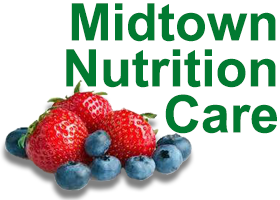CAFFEINE AND ENERGY DRINKS
Caffeine is a chemical that is found naturally in many plants, including coffee beans, tea leaves and cacao pods. It can also be produced artificially and added to foods and beverages. Canned energy drinks usually use artificial caffeine (though some use natural, plant derived caffeine).
CAFFEINE PROS
Increased energy. Caffeine has a stimulating effect on the brain which fights the feelings of fatigue. It can also help with focus and concentration. Caffeine is not stored in the body. It is typically excreted through urine a few hours after intake.
Antioxidant protection. Natural caffeine (but not artificial caffeine) contains antioxidants. Natural caffeine may therefore protect our cells from the damaging effects of oxidative stress.
CAFFEINE CONS
Insomnia. Because caffeine fights fatigue, consuming caffeine too late in the day can make it difficult to fall asleep at night. A good rule is to limit caffeine to the morning or early afternoon.
Headaches. For people who are prone to getting migraines, caffeine consumption can trigger for a headache.
Decreased bone density. Large amounts of caffeine can interfere with calcium absorption, which can lead to a decrease in bone mass density.
Reflux. Caffeine can cause stomach acid to leak up, which increases the risk of heartburn.
Other systemic effects. Because caffeine is such a strong stimulant, consuming large amounts of caffeine can lead to an increased heart rate, jitters, or overall anxiety.
FDA SAFE INTAKE AMOUNTS
Adults. 400 mg or less per day
Pregnant women. 200 mg or less per day
CAFFEINE IN POPULAR DRINKS
95 mg–Coffee, 12 oz
50 mg–Diet Coke, 12 oz
65 mg–Espresso, 1 oz
30 mg–Green Tea, 8 oz
160 mg–Monster Energy Drink, 16 oz
80 mg–Red Bull Energy Drink, 12 oz
200 mg–Rockstar Energy Drink, 16 oz
